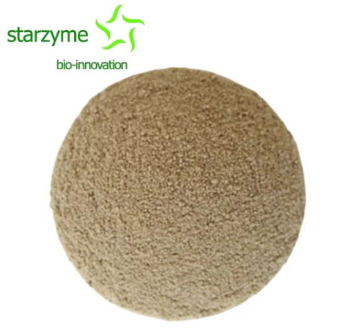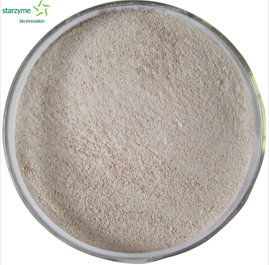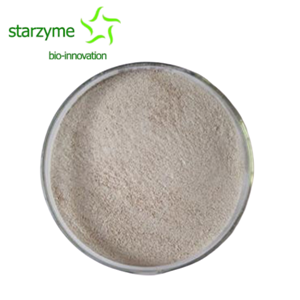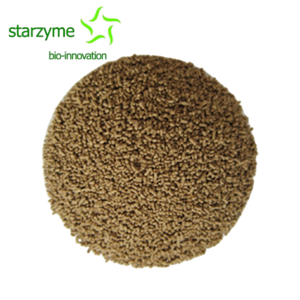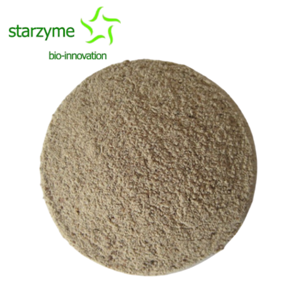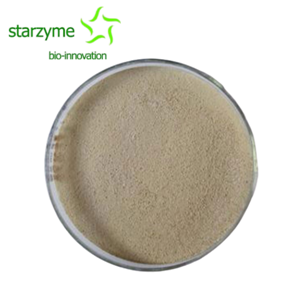Bacillus sutilis and Bacillus licheniformis in Soil
Bacillus licheniformis (Image 1) and Bacillus subtilis (Image 2) have a synergistic effect in soil improvement and agricultural production.
Image 1:
Image 2:
Specifically, using both bacteria together creates a mutually beneficial environment that can increase the overall quality of the soil. Those aspects of an increase in soil quality is explained below.
Soil Improvement:
Both Bacillus licheniformis and Bacillus subtilis can decompose organic matter in soil, increase the content of effective nutrients in soil, improve soil particle structure, enhance soil water and energy storage capacity, thereby alleviating soil compaction and providing a better growth environment for crops.
Promoting Crop Growth:
These two strains of bacteria can produce various hormones and vitamins during the reproduction process, which can not only increase soil nutrient content, but also promote crop growth, improve crop stress resistance and survival rate.
Biological Control:
Both Bacillus licheniformis and Bacillus subtilis have antibacterial and insecticidal effects. They can rapidly reproduce in soil, occupy spatial advantages, effectively inhibit the growth and reproduction of pathogenic bacteria, prevent the occurrence of soil borne diseases, reduce the use of pesticides, and are an environmentally friendly biological control method.
In addition, these two strains can be mixed with multiple strains in agricultural production and have a wide range of applicability. Therefore, using Bacillus licheniformis and Bacillus subtilis together can achieve better soil improvement and crop growth promotion effects.

